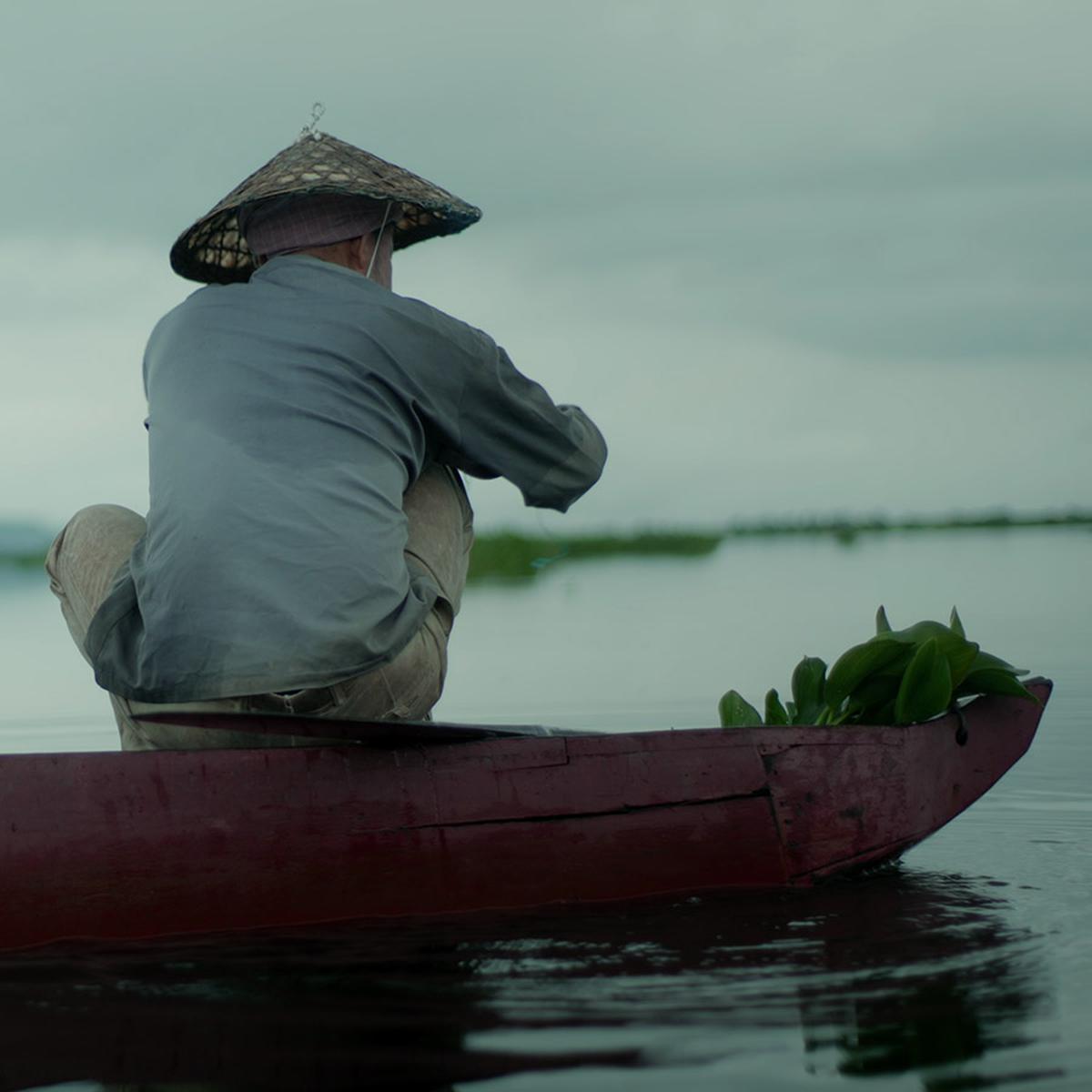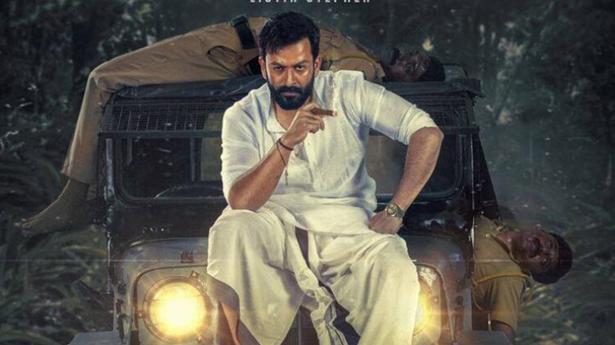Romi Meitei Mayanglambam
Quite a few of the films from the northeastern States of India speak about the perils of lack of access and of remoteness. Manipuri filmmaker Romi Meitei Mayanglambam sounds a note of caution on the reducing distances and the processes set in motion by globalisation in his film Eikhoigi Yum (Our Home) set to be screened in the International Competition section at the 27th International Film Festival of Kerala (IFFK) this week.
The decision of the Manipuri government to evict the indigenous fishing population living in floating houses in the Loktak freshwater lake, to make way for some major developmental projects, led him to make the film. Romi places a schoolboy, who is set to lose his home, at the centre of his plot. Speaking to The Hindu here on Friday, he says that a desire to protect the indigenous culture inspired him to make the film.
Lost traditions
“We live in small community-based societies, sharing our joys and sorrows, unlike the people who live in apartments or society blocks. The traditions that we inherited from our forefathers are being lost to the displacement induced by globalisation. It really affects communities like ours. We have seen this all across the world. The process of globalisation or mindless development cannot be stopped, but when it hits such communities, the struggle for survival ensues. We need to rethink about this model of development which destroys local cultures and sensibilities. As a filmmaker, I want to tell the story of the after-effects of this process,” says Romi.

A still from Our Home
Ever since the displacement of the fishing communities started a decade ago, he has been visiting the regions and interacting with the affected families. In a career spanning close to two decades, he has made more than 40 feature films and short films, but in the initial years, he was fully immersed in the commercial cinema of Manipur. However, in the past few years, he has made a shift towards talking about issues close to his heart through his cinema. A question on the state of cinema in Manipur elicits an Andrei Tarkovsky quote from him -”Cinema is an unhappy art because it depends on money”.
Bollywood cinema is mostly absent from theatres in Manipur, with most theatres screening Manipuri films. Romi and his friends had their taste of world cinema from their personal collections, which they shared with each other and through local screenings the community of movie buffs used to organise.
Limitations abound
“We work within a lot of limitations. If you carefully observe, you will see that the actors sometimes wear the same costumes in different movies. But, despite all that, we don’t compromise on creativity. I sometimes feel embarrassed that I have made so many films. Forty is a large number of films for a lifetime. My objective now is just to tell human stories,” he says.
Quite a few of his films are adaptations of Shumang Lila, a Meitei traditional form of theatre, as well as from radio dramas. It is the kind of stories that become the subject of his plays that attract him to them, says Romi.





